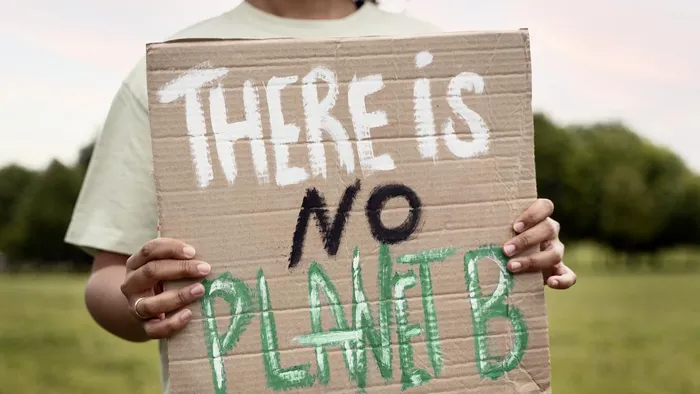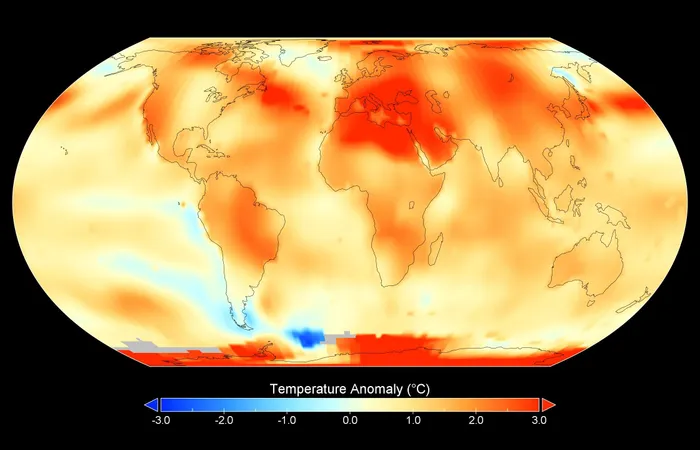
South Africa warns developed nations against climate measures that hinder developing countries.
Image: Freepik
South Africa has used COP30 to push back against unilateral climate actions by developed nations, warning that such measures could stall global efforts to address climate change.
Speaking at the Leader’s Summit in Belém, Brazil, on behalf of President Cyril Ramaphosa, Department of Forestry Fisheries and the Environment, Minister Dion George said, “climate change is the defining crisis of our time. No nation can face it alone.”
This was announced in a recent media statement.
George stressed that while global ambition on climate action is essential, it must be balanced with fairness and respect for developing countries’ development needs.
“Climate change response measures by developed countries should not impact developing countries’ industrial, trade and socio-economic development goals, in line with international law,” George said.
Scientific evidence underscores the urgency of climate action. The Intergovernmental Panel on Climate Change warns that billions of people live in highly vulnerable contexts and that by 2100, up to 75% of the global population could face life-threatening heat and humidity.
Rising weather extremes have exposed millions to food and water insecurity, particularly in Africa, Asia, Central and South America, small islands, and the Arctic.
Unilateral policies, such as trade restrictions tied to green technology, risk creating “spill-over and negative cross-border impacts,” George added.

NASA heatmap showing global temperatures above pre-industrial levels.
Image: NASA
George said government’s “firm view is that the unilateral trade measures which aim to achieve unbalanced climate objectives outside of the framework of the multilateral process, or unfairly restrict global trade in green technology, will only serve to hinder our ability to achieve a just transition, and slow the global effort to address climate change”.
South Africa has set out its own climate ambitions, submitting its second Nationally Determined Contribution, which includes a mitigation target for 2035 of between 320 and 380 megatons of carbon dioxide equivalent.
George said this shows “clear progression from our 2030 range”.
Government has embedded climate action across departments through the new Climate Change Act and is transforming its energy sector.
George said South Africa is “procuring renewables, reforming our electricity market and expanding our grid to enable 30 gigawatts of new capacity by 2030”.
The Renewable Energy Masterplan links this expansion to industrialisation, creating “jobs in solar, wind, battery and green hydrogen industries”.
The country is also decarbonising heavy industries, developing sustainable fuels, and advancing electric vehicle manufacturing to support “low-carbon and inclusive growth”.
South Africa also outlined clear expectations for global climate finance.
George said the Global Goal on Adaptation “must deliver measurable indicators and the finance to achieve them,” while the Loss and Damage Fund must be capitalised.
Meanwhile, the Baku to Belém Roadmap should mobilise $1.3 trillion in grants, concessional finance and fiscal space measures for climate finance, said George.
This roadmap aims to help developing nations meet climate goals through ramping up finance.
“Reform of the international financial system is urgent so that multilateral banks can provide long-term and affordable capital for sustainable development and climate action,” George said.
George said South Africa “stands ready to work with all nations to turn commitment into action and ambition into results. No country should face this transition alone. Let us meet this moment with courage, integrity and cooperation for our people and for the generations to come.”
IOL Business